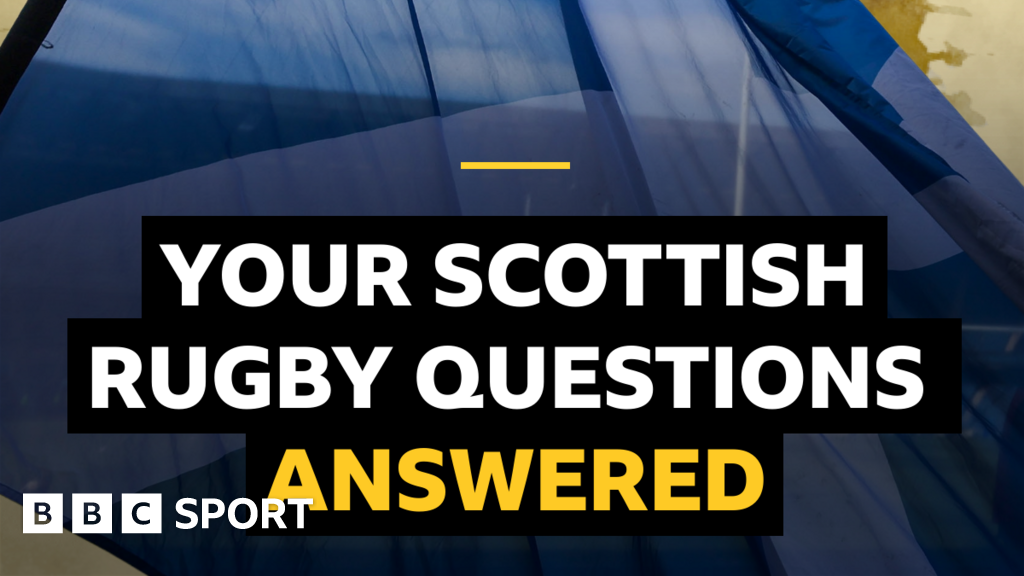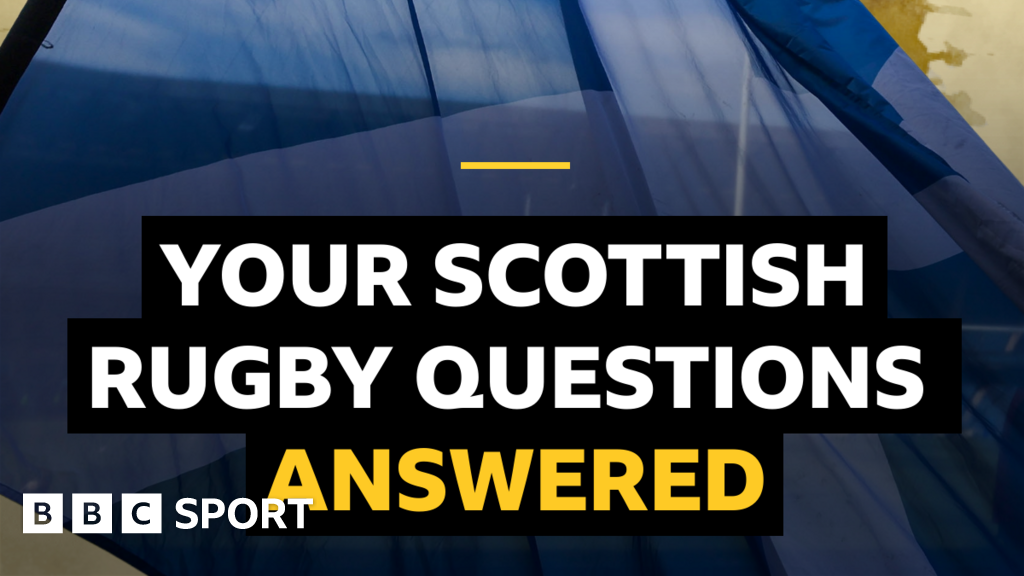Bussiness
Should we have sympathy for retail’s £7bn tax blow?

Rachel Reeves, the UK’s first female Chancellor of the Exchequer, was not mistaken in her swift assessment of the paucity of the finances Labour inherited on taking office. But the Government’s repeated warnings of difficult times ahead and its early decision to restrict the winter fuel payment saw the mood darken quickly.
Now, following last month’s Budget, the mood in some quarters has turned decidedly quarrelsome, especially within the business community and indeed among farmers, who took to the streets of London this week to protest changes to inheritance tax.
Sectors such as retail and hospitality have been extremely vocal about the Chancellor’s decision to hike employer national insurance contributions at the Budget, which they warn will not only lead to costs rising at a time when businesses can least afford it, but result in job cuts and investment plans being put on hold. Higher prices for consumers, already weary from the cost of living crisis, are all but guaranteed, retailers say.
Read more:
Consumers’ mood will hardly have been helped by yesterday’s inflation figures, which revealed that annual UK consumer prices index inflation climbed to 2.3% in October, following the sharpest month-on-month rise in two years.
Ms Reeves stunned business at the Budget by increasing employer national insurance contributions by 1.2 percentage points to 15%, and reducing the level at which employers start paying national insurance on each employee’s salary. The changes are expected to raise £25bn of the £40bn a year targeted by the Government from extra taxes as it seeks much-needed funds to ease the pressure on the UK’s strained public finances.
In a letter, co-ordinated by the British Retail Consortium, to Ms Reeves this week, leading chief executives warned that the industry’s costs will rise by up to £7bn a year as a result of measures announced at the Budget, which also included an increase in the national living wage – by 6.7% to £12.21 per hour – and the introduction of a packaging levy.
Retailers also underlined their concerns around business rates in the letter, which was signed by 81 chief executives including the bosses of House of Bruar, CJ Laing and Scotmid in Scotland, warning their annual bills will increase by £140 million in April because of inflation and a reduction in the existing relief, in place for the last two financial years.
“Retail is already one of the highest taxed business sectors, along with hospitality, paying 55% of profits in business taxes,” the letter states. “Despite this, we are highly competitive, with margins of around 3% to 5%, ensuring great value for customers.
“For any retailer, large or small, it will not be possible to absorb such significant cost increases over such a short timescale. The effect will be to increase inflation, slow pay growth, cause shop closures, and reduce jobs, especially at the entry level. This will impact high streets and customers right across the country. We’re already starting to take difficult decisions in our businesses, and this will be true across the whole industry and our supply chain.”
The points raised by the retail industry are certainly not to be dismissed. Having to absorb an additional £7bn a year in costs will not be easy, especially when consumers are continuing to feel the effects of the cost of living crisis. And of course any threat to cut jobs and store closures has to be taken seriously.
However, some may look at the scale of the profits some retailers are making and think they have more than enough cash in reserve to cope with the rise in employer national insurance contributions, national living wage, and business rates.
Take Next, whose chief executive Lord Wolfson was one of the signatories of this week’s letter. Last month, Next upped its forecast for the third time in three months, putting it on course to join an elite band of retailers to make more than £1bn in annual profits.
Two weeks later, Marks & Spencer, which is one of the few retailers to have already achieved annual profits of £1bn, reported better-than-expected profits of £408m for the 26 weeks ended September 28, up 17% on last year. Its chief executive, Stuart Machin, also a signatory of this week’s letter to the Chancellor, predicted the rise in employer national contributions would add £60m to its cost base, and refused to rule out price rises because of the increased costs.
Marks & Spencer has not been alone in highlighting the impact of the tax rises recently, with the chief executive of Gordon & MacPhail, Phillip White, stating yesterday that the increase in national insurance payable by employers will result in a “significant six-figure” increase in labour costs at the Speyside whisky firm.
The chief executive of Mountain Warehouse, Mark Neale, also warned about the consequences of the changes imposed by the Budget in an interview with the BBC this week.
Of course, there will be some retailers who are better placed than others to absorb the higher taxes imposed by Ms Reeves. The likes of Next and M&S should be able to shoulder the burden more easily than smaller, independent players, which work on thinner margins and do not benefit from the same economies of scale.
That said, there will certainly be some consumers who feel companies which make vast profits should be making more of a contribution to the UK coffers. Many people have felt aggrieved, with good reason, at the excessive price rises put through by retailers in recent years as they have passed rising costs on directly to consumers.
It is arguably for this reason that sympathy for big businesses facing a rise in tax bills is ultimately thin on the ground.










